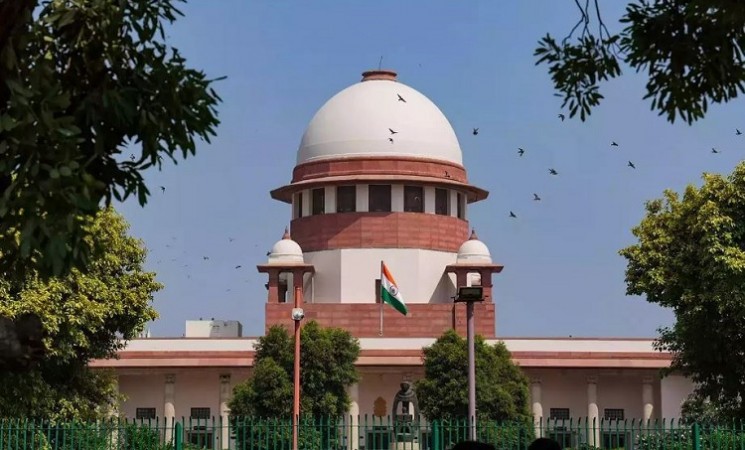
New Delhi: The Supreme Court of India is scheduled to address petitions contesting the Electoral Bond Scheme, which permits undisclosed contributions to political parties, on October 31.
These petitions have been filed by various entities, including the election monitoring group Association of Democratic Reforms (ADR), the Communist Party of India (Marxist), and Congress leader Jaya Thakur. They argue that the Electoral Bond Scheme has opened the doors to limitless corporate contributions to political parties, both from Indian and foreign companies, which could potentially have severe consequences for Indian democracy.
During the proceedings, Advocate Prashant Bhushan, representing ADR, emphasized the urgency of reaching a verdict before the 2024 general elections. He expressed concerns that electoral bonds are regularly purchased during election periods, facilitating anonymous donations to political parties.
Bhushan also highlighted several issues with the electoral bond scheme. Firstly, he argued that it was passed as a money bill. Secondly, he claimed that it infringes upon citizens' right to access information regarding the funding of political parties. Finally, Bhushan contended that the scheme promotes corruption.
Advocate Shahdan Farasat, representing one of the petitioners, provided insight into the functioning of the scheme. He pointed out that although electoral bonds are exclusively obtainable from the State Bank of India, the bank does not disclose information about the entities purchasing these bonds. Moreover, Farasat mentioned that changes in the Companies Act have obscured information from the public domain, making it difficult to ascertain which political parties receive donations from these companies.
Senior advocate Sanjay Hegde also raised concerns about the source of funding for these electoral bonds purchased by companies.
Ultimately, the bench decided to proceed with the case without delving into the money bill aspect, as a larger bench of the Supreme Court was set to review petitions challenging the government's use of the money bill procedure to enact significant legislation.
Supreme Court Seeks Clarification on AAP's Absence as 'Accused' in Delhi Liquor Policy Case
Single-Phase Election Likely in MP, Rajasthan, Chhattisgarh Set for Two-Phase Voting